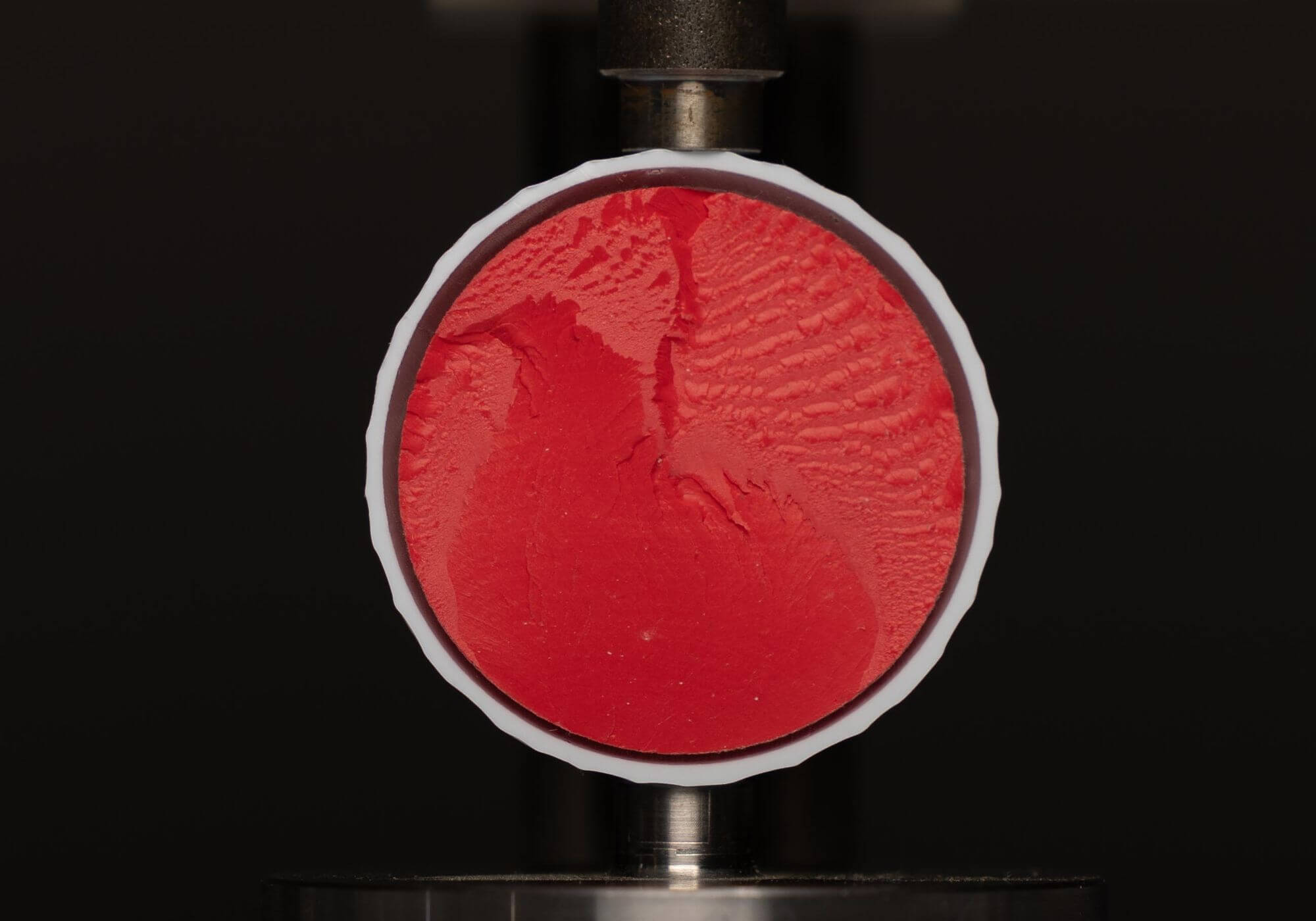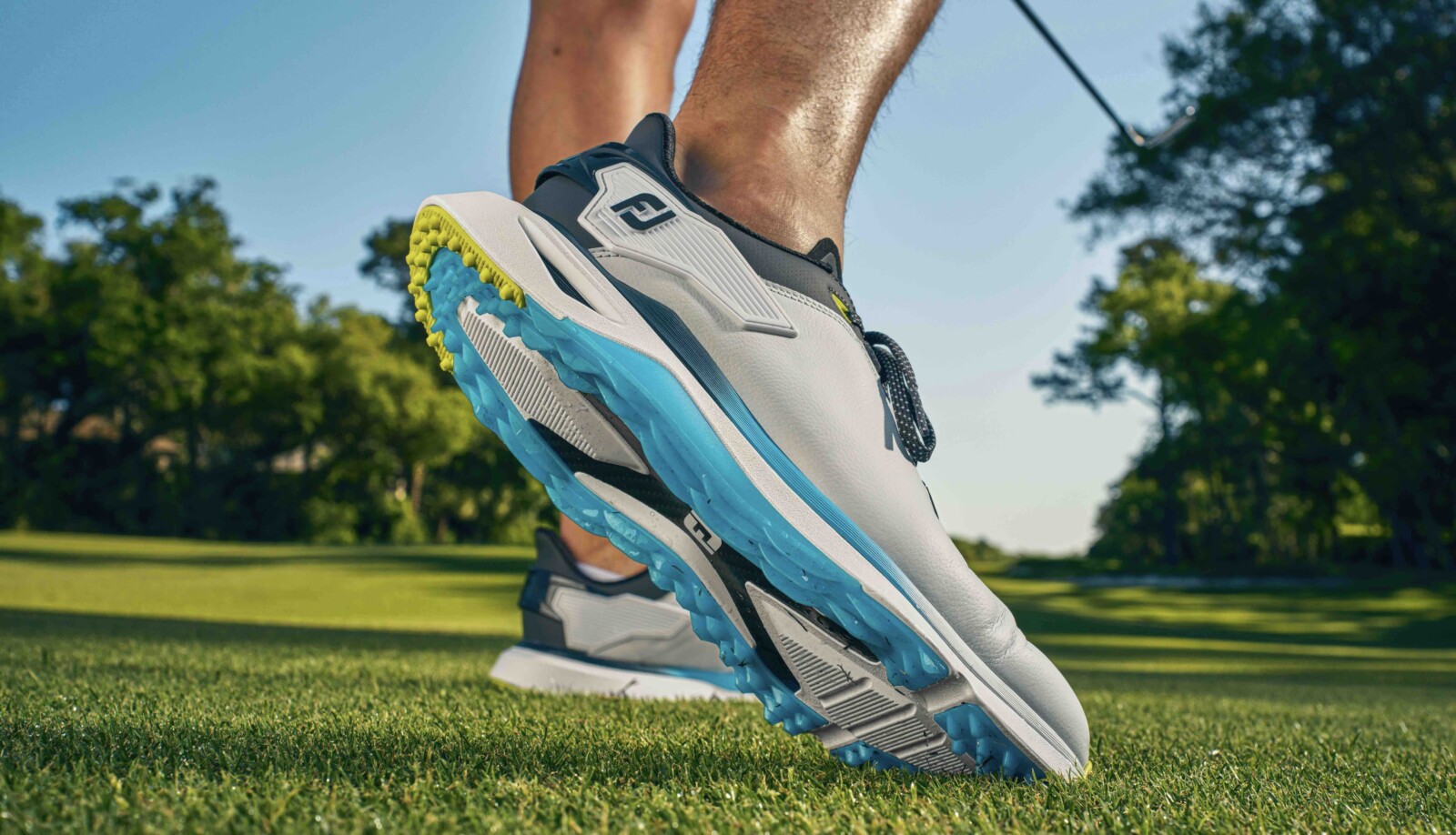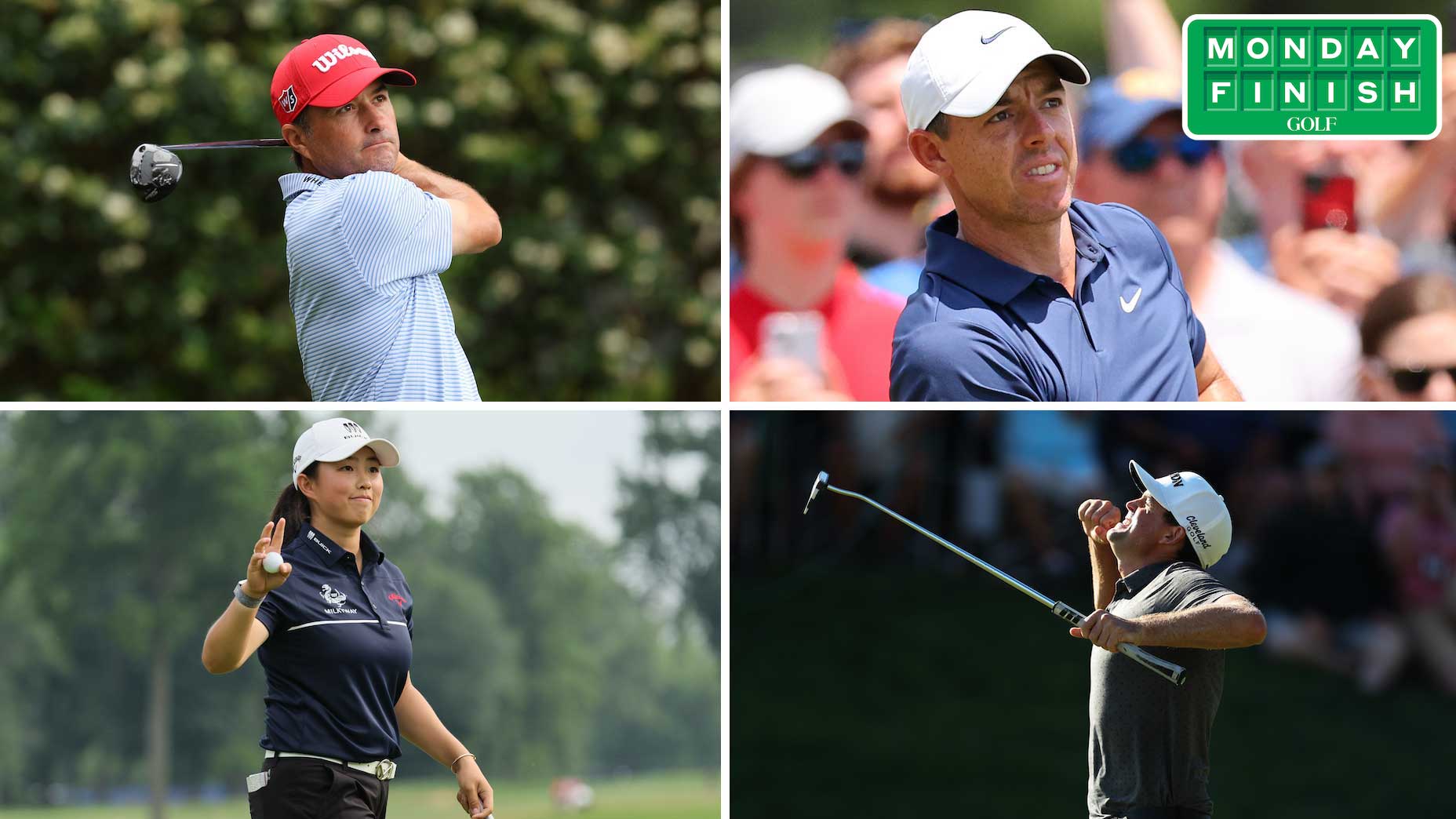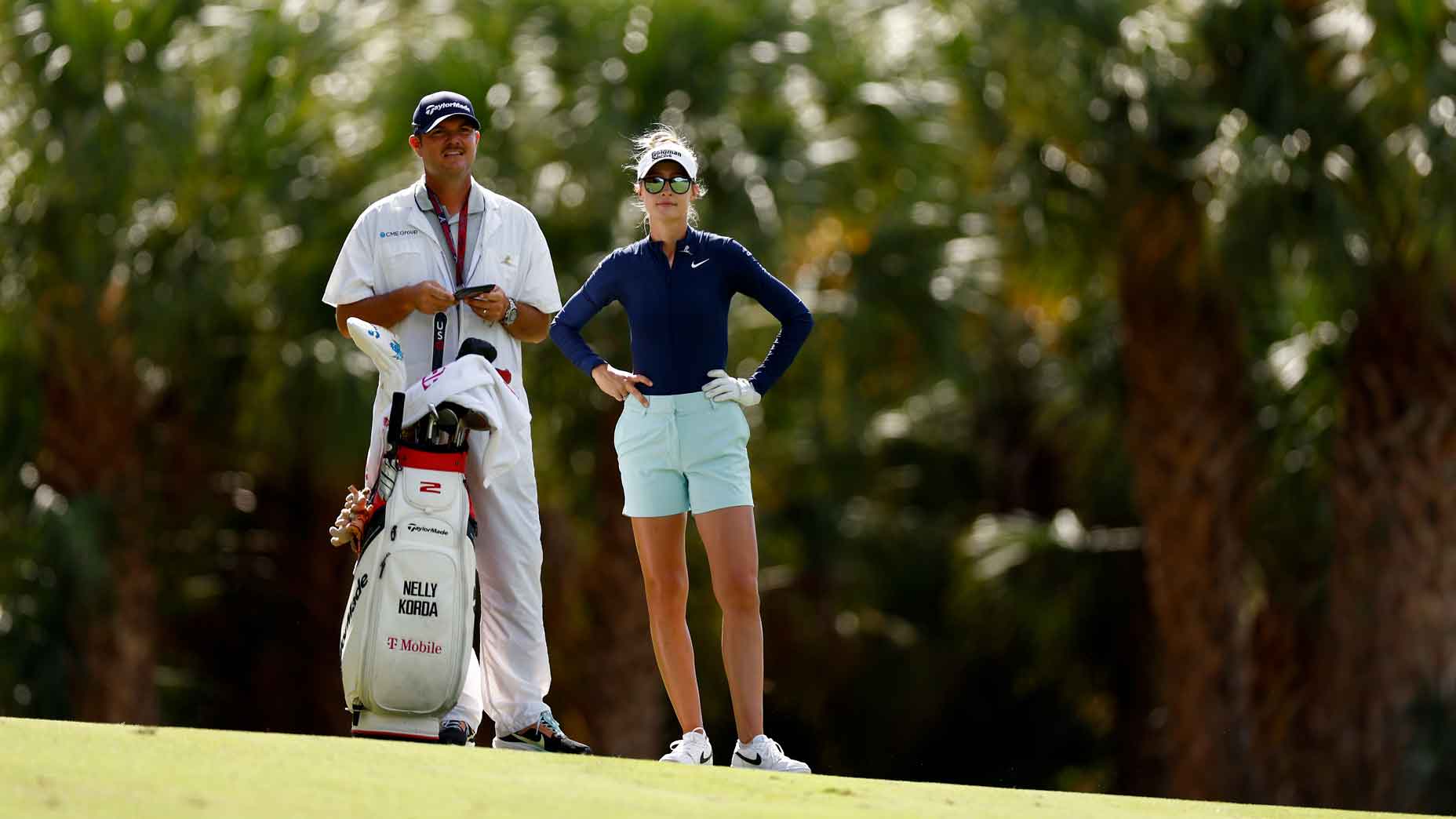Q: You guys have been testing golf balls for a long time. What’s the worst ball you’ve tested?
It’s actually one that we tested recently, Snell Prime 3. 0.
Dean probably has one of the best pedigrees for golf ball design. He was one of the co-inventors of the Pro V1, which is the most popular golf ball of all time.
When he first launched with MTBX, it was a hit, right? It tested well for us, but he had to move factories. More than once. Anybody can make a golf ball really good one time. The difference is, can you make that same golf ball a million times as good as one? The Snell ball finished 13 out of 100. It is by far the worst scoring golf ball that we’ve ever had at MyGolfSpy.
There’s two ways we test golf balls at MyGolfSpy. There’s performance and there’s quality control. Performance here is robot tested. Quality control is what we do here called Ball Lab. We have a lot of fancy machinery that can test diameter, weight, all those things to make sure people are making the same ball over and over and over.
We buy balls from multiple retailers as well. So we do not get any of these balls from the same place because golfers are buying them from all over the country. We try to buy them from three different locations at three different times, but we also don’t want the OEM or manufacturer supplying the balls to us because that would be an unfair advantage.
Here are the four reasons why we think you should not be playing the Snell Prime 3. 0.
- Almost all the balls we tested were overweight. You could actually not even play these balls in a tournament. 62 ounces. 20 of the 36 balls we tested were overweight, which is by far the most we have ever seen.
- Inconsistent Compression. Theoretically you want every ball to be the same compression. That way you go the same distance when you hit the shot. On average of the 36 balls, we had a 17. 8 difference in compression. That’s the difference between a hard ball and a soft ball. You would see major performance implications of that on the golf course.
- Roundness. You want your golf balls to be round, right? So you 6 of the 36 balls were deemed not round. Not good.
- Layer concentricity. So nerd talk, basically you’re going to have inconsistent layers or inconsistent thickness from one layer to the next. Once again, It just shows a sign of inconsistent quality control from ball to ball.
This is the worst scoring golf ball that we have ever tested. So we will not and cannot recommend that any of our readers go out and buy these balls until they improve the quality control of what they’ve got going on here.



